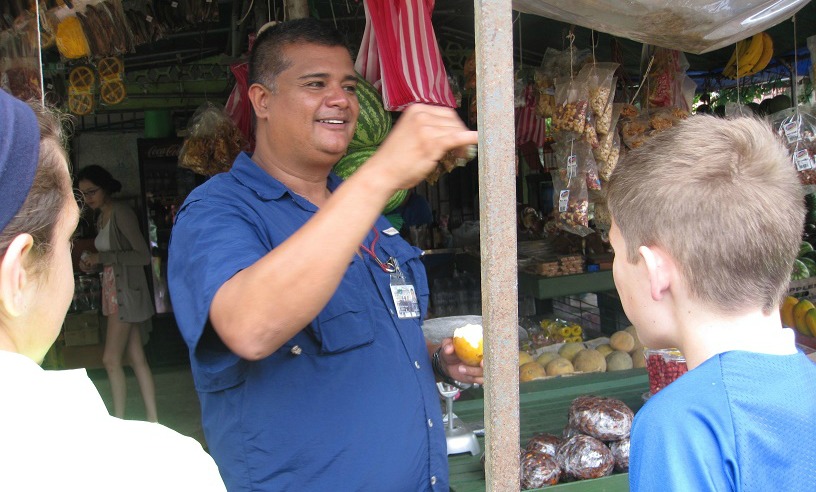Kay is a Middle School Spanish World Cultures Teacher. She first traveled with EF to Costa Rica in 2009 and has been leading student groups every summer since. Kay believes that students should experience travel to help broaden their perspectives and allow them to see firsthand how tolerant, global and open-minded we should all strive to become.
In the age of information, students in schools across the nation are now expected to walk away from high school with a solid command of 21 century skills. These skills (global awareness, resilience, problem solving and communication–to name a few) can be taught and learned in a variety of ways, but the tricky part is finding a way to teach these skills to students of all learning styles. As an educator who has led student trips for several years, I have watched many of my students develop these critical skills through their domestic and international travel experiences. Below are just a few examples of how traveling can help teach valuable life skills.
1. Global Awareness: Educational travel helps students experience the world first-hand with the perfect amount of structure and guidance. Throughout the middle and high school years especially, it promotes cultural understanding and encourages open-mindedness during key formative years.
2. Resiliency and Adaptability: Sometimes the best way to learn adaptability is to be given no alternative. By stepping outside of one’s comfort zone for an extended amount of time and jumping into a new way of life, students are challenged with adjusting to a new routine. In turn, the experience of adapting to a completely new culture and way of life is one that students can confidently look back on when confronted with future obstacles.

Via Kay
3. Critical Thinking: Traveling internationally helps students see global issues from a new perspective. Allowing them time to reflect on and discuss these experiences together helps put their formal education into context through “real-world” experiences.
4. Civic Responsibility: Spending time observing how different societies function provides students with the opportunity to begin thinking about their own decisions back home and how these decisions can have a global impact.
5. Communication: Students may face unfamiliar language obstacles when navigating through a new city or country. This requires that students are patient, respectful and attentive. Oftentimes when students arrive home their communication skills are much improved because of this experience.
Planning your next adventure? Explore the world with your students on an EF Educational Tour. Browse itineraries here.
Related articles
